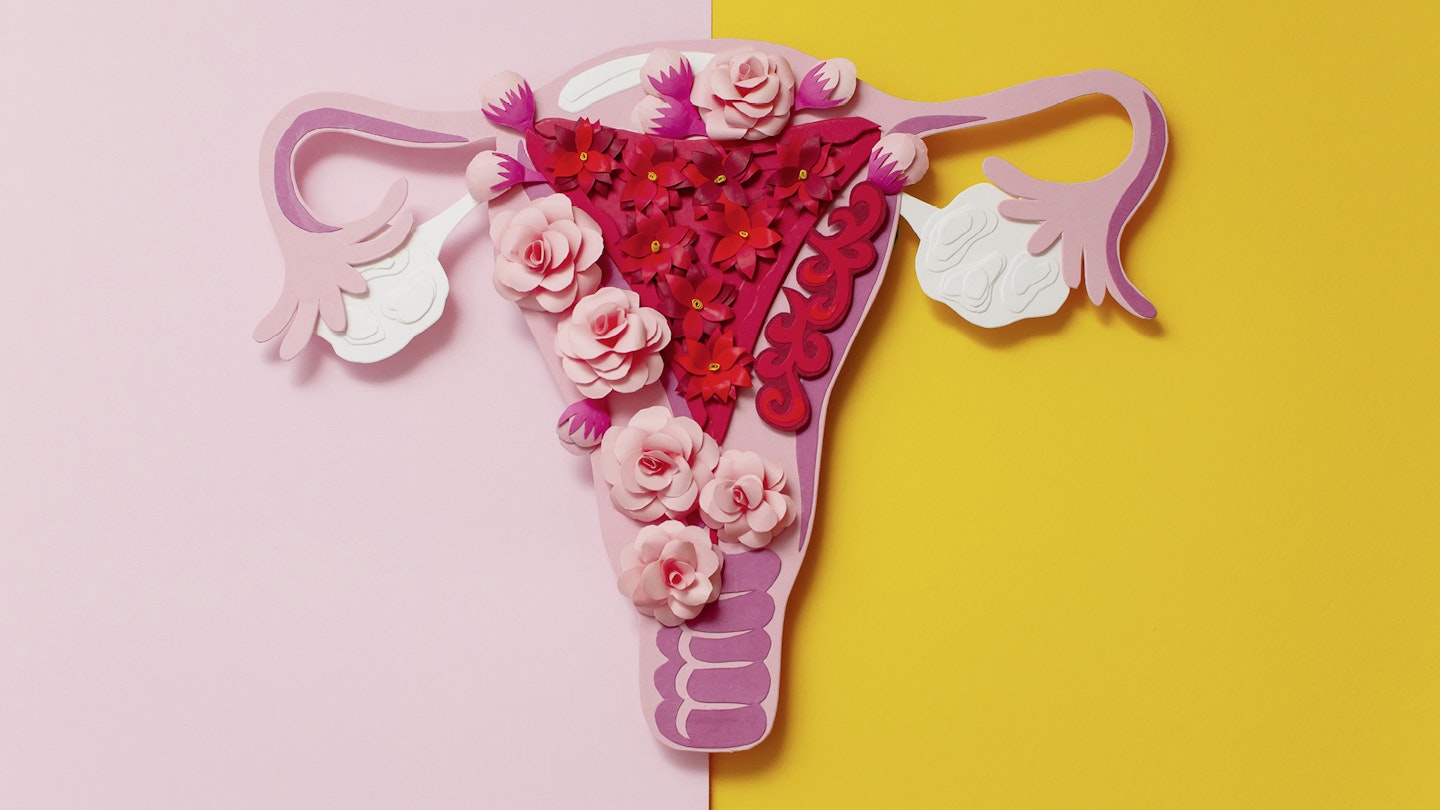It was just before my eighteenth birthday when I first heard the word endometriosis. As I drifted in a haze of post-op morphine, my doctor told me I had this thing, that there was a lot of it, and that I would need more surgery. It suddenly all made sense – what I had been suffering from all these years wasn’t just women’s problems, was it?
From the age of eleven my periods had been intolerably painful and heavy. I would vomit, pass out, have a double whammy combination of constipation and diarrhoea and was so very, very tired. I assumed I was just unlucky, over-sensitive, weak even. What I didn’t know was that these were major symptomsof a disease I’d never heard of.
The void in information out there for sufferers of endometriosis is what really prompted me to write a book about it. I wanted something to make it feel more normal, less lonely and confusing and perhaps even make me laugh. It’s the book I wish someone had pressed into my hand as a teenager something that would help me each month as I was forced to miss another day of school, another party or sleepover.
So, what exactly is endometriosis and what are the symptoms?
It’s when tissue similar to the lining of the womb is found in and around the pelvis, attaching itself to organs and the spaces between them including the uterus, bladder, ovaries, fallopian tubes, bowel and peritoneum. Every month the tissue bleeds, like a period, except the blood has nowhere to go and so it just stays there causing inflammation and pain. Sometimes the disease can stick organs together or form cysts on the ovaries.
Symptoms can include pelvic pain, excessive bleeding, fatigue, back and leg ache, bowel issues, nausea. For some women it can cause pain during or after sex and affect fertility. Symptoms might only occur during menstruation, but some experience them more often. The only way to definitively diagnose it is through laparoscopic surgery, but it’s increasingly common for doctors to treat based on a working diagnosis. Despite endometriosis affecting 1 in 10 women in the UK (that’s 1.6 million people), there is no cure yet. Symptoms can be managed with hormone medication and/or surgery, but neither is ideal, and most women find they have to constantly compromise between symptoms of endometriosis and the side effects of the treatments.
The brilliant researchers are still very early on in their work (did I mention that research is woefully underfunded?) but they believe that there may be multiple sub-types of disease. This might explain why women experience it so differently; some have little pain but a lot of disease, while others can have debilitating symptoms but not much physical disease, some respond well to hormone treatments or surgery while others don’t.
Why we need to raise awareness around endometriosis
So, if 200 million women worldwide are thought to have it - why aren’t we talking about it? Well firstly, endometriosis doesn’t exactly roll off the tongue, does it? Secondly it involves really personal stuff about periods, sex, poo and fertility – things we don’t really want to think about ourselves let alone say to a stranger. It can be embarrassing to discuss the messy and unsexy parts of our private parts - but it’s so important that we do. Endometriosis isn’t life threatening, but if it isn’t managed properly it can start to affect work, relationships, confidence and increase pain levels.
Although I have a particularly extreme version (ten surgeries and counting), my delayed diagnosis isn’t that unusual. The average wait is 7-10 years, which can have a huge impact on disease growth, pain, and mental health. The problem is that the symptoms are similar to other conditions, which can lead to misdiagnosis. Because it can’t be seen from the outside, it’s referred to as an ‘invisible illness’ which makes it harder to understand and explain. Unfortunately, things that can’t be seen often get dismissed as a psychological issue. Sadly, we ourselves can start to believe this, especially if we keep asking for help and are told it’s all in our heads (madly this still happens to me even with a diagnosis!)
All the experts agree that awareness is the key to it all; if doctors were given more training about endometriosis, they’d be able to help women reach diagnosis and treatment quicker. If women knew more about it, they would seek help earlier from the right sources. If all of us in society were better informed about women’s health issues, everyone would be more tolerant and supportive of their effects. So, what every woman needs to know is; if your periods stop you doing normal stuff and over the counter pain relief isn’t working - it isn’t OK, normal or something you just have to live with. Go to your doctor, ask for further tests and a referral to a specialist. Make a symptom diary to show how it’s connected to your cycle and ask someone to come to appointments, to take notes and advocate for you, especially if you’re being met with resistance. In 2017 NICE published new guidelines on endometriosis, they said healthcare professionals need to; be more aware and alert to symptoms, listen to the patient and refer them to a specialist if they have persistent symptoms, even if the tests come back clear and the patient is 17 and under. If you’re worried, go back to your doctor.
A lot of myths are touted around like having baby or hysterectomy are cures, or that you will definitely not be able to have children and it will definitely get worse. This can be scary, but it’s important to remember that the disease affects everyone differently and to understand your version. For my book I interviewed a number of public figures, including Lena Dunham, Emma Barnett and Hilary Mantel who have battled with the disease for years, and each have had different experiences.
How to help with the symptoms of endometriosis
There are lots of lifestyle things you can do to help with symptoms; nutrition, pelvic physiotherapy, gentle exercise, acupuncture, meditation. The list goes on into the weird and wonderful. There’s no one size fits all model to living with endometriosis. You may have to try things to find what works for you - but please don’t give up, and if what you’re doing stops working - try another thing. Sometimes the act of self-care in itself is enough to feel more positive and in control.
Something I wish I’d known earlier is the importance of recognising the emotional effects of endometriosis. Each flare-up or set back can bring a sense of failure and defeat. This is another reason why we need to talk about it more, to feel less alone and encourage those suffering to reach out for more support. The women I know with endometriosis, who turn up every day, hopeful and still trying, whether they’re in pyjamas or a suit, are as far from failing as possible. In fact, they’re the strongest, fiercest and most resourceful people I know.
Buy Eleanor's book here: PRIVATE PARTS – HOW TO REALLY LIVE WITH ENDOMETRIOSIS
For more information see endometriosis-uk.org or endofound.org
And now… some myths to bust:
Women with endometriosis just have a low pain threshold
BULLLLSHIT! Women who experience severe and persistent pain actually build up a very high tolerance and incredible psychological skills to keep going in extreme pain, we
You must have lots of disease if you’re in so much pain
The severity of the disease and how much pain you’re in are
You can’t have endometriosis, you’re too young
Symptoms can start from as early as your first period. Severe period pain is not normal. I was told this for years and it delayed diagnosis. Demand further tests, support and referral to a specialist.
You’ve got it because you delayed having children/put your career first
Endometriosis is not caused by any decisions you have made. It’s not punishment or because of anything, it’s bad luck. Some women may find a genetic link, but many women don’t have anyone in their family with it. There is nothing you could have done differently, just concentrate on getting the right support
Having a baby is a cure
Some women may get respite from symptoms during the pregnancy, but find they return afterwards. The change of hormones can be a suppressive treatment, not curative.
Endometriosis means you can’t have children
Age has the biggest impact on fertility, as with every woman, but whether endometriosis affects you fertility will depend on where your diseases is and how long it has been left untreated. Infertility is not an inevitable symptom for all women with endometriosis. Please speak to your doctor if you’re worried about this.
READ MORE: Things You Only Know If
Things You Only Know If...
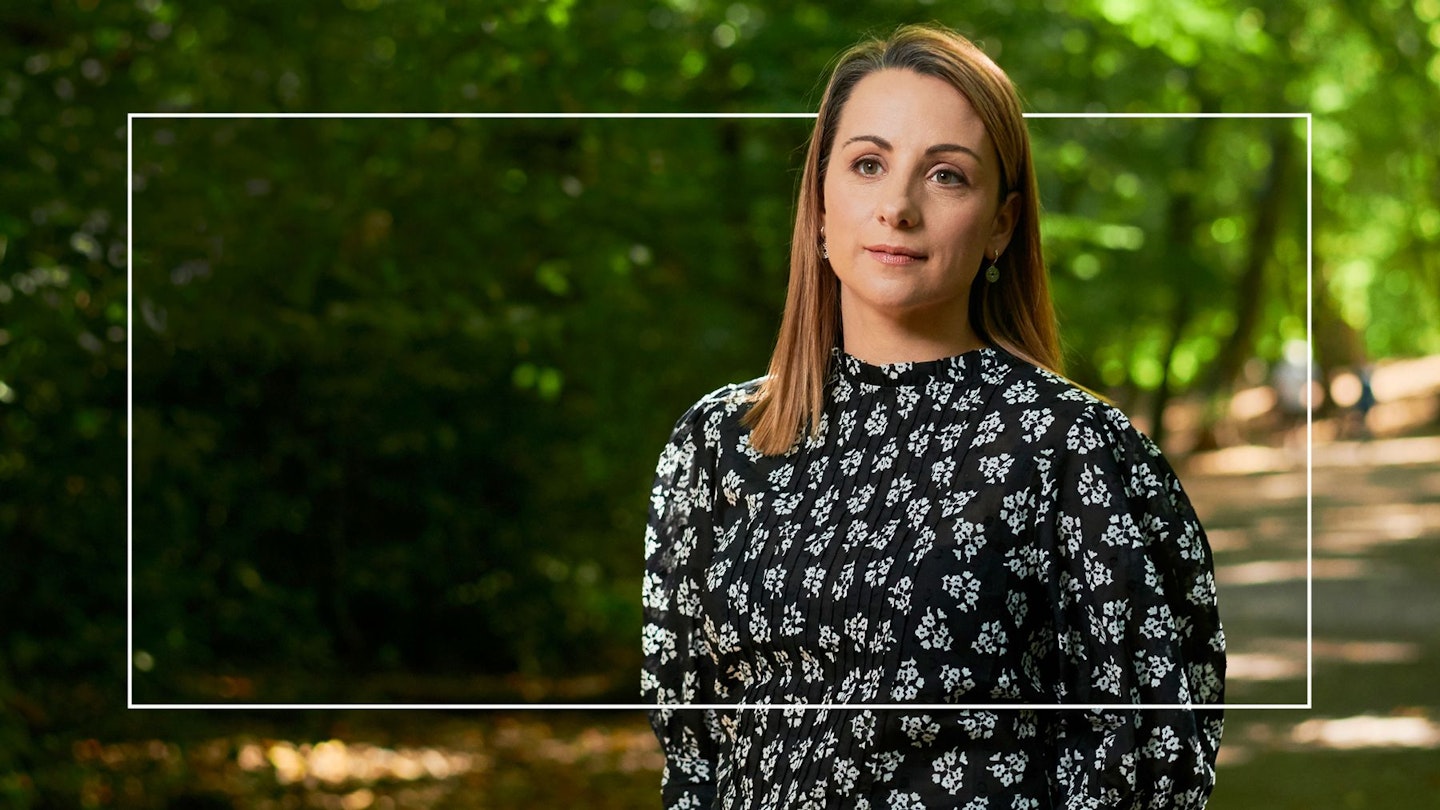 1 of 19
1 of 19Things You Only Know If You've Experienced Post-Adoption Grief
When Claire Moruzzi, 39, gave birth to her son, it unlocked unpacked painful feelings about her own adoption.
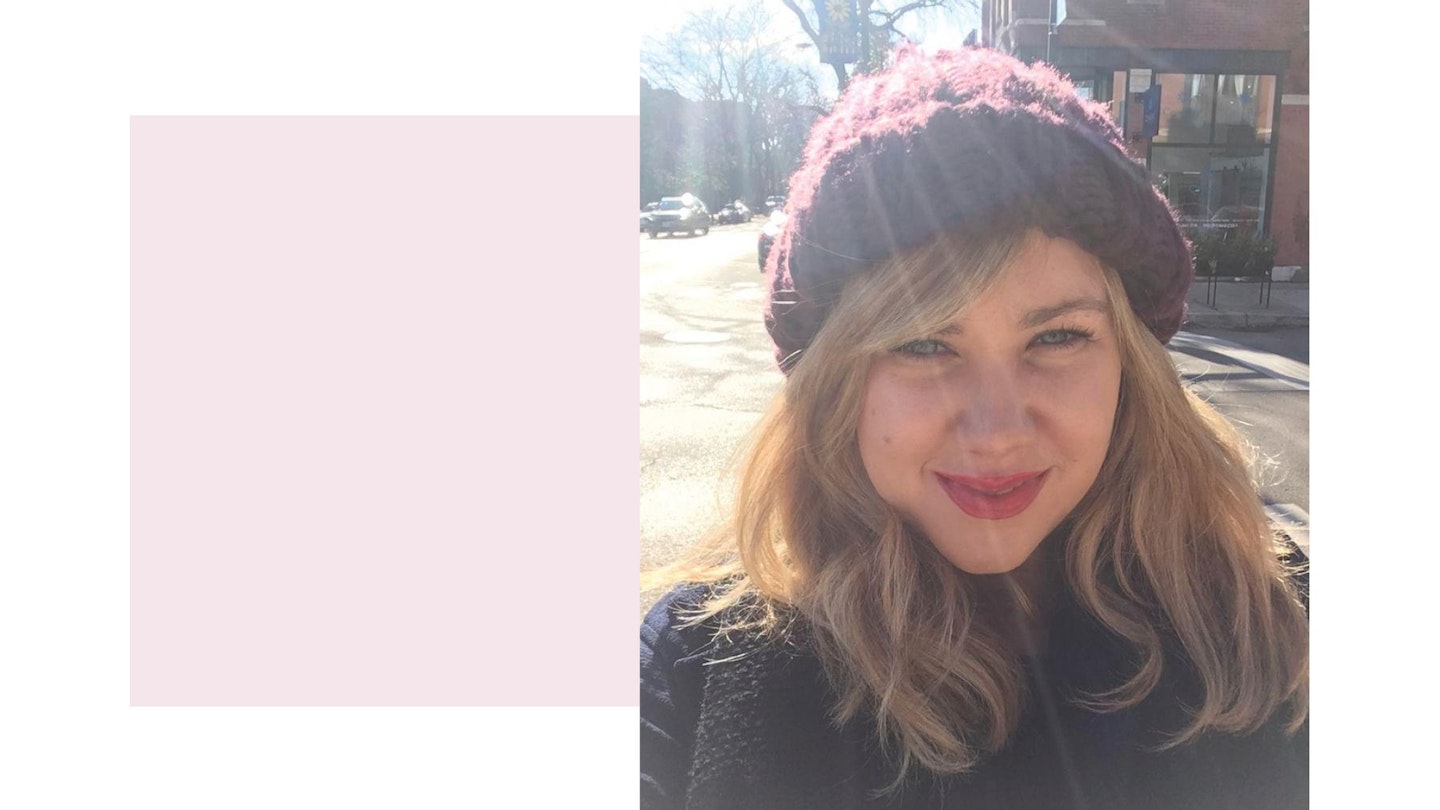 2 of 19
2 of 19Things You Only Know If You have Polycystic Ovary Syndrome
Jessica Evans reflects on the condition that affects one in 10 of us but is rarely talked about.
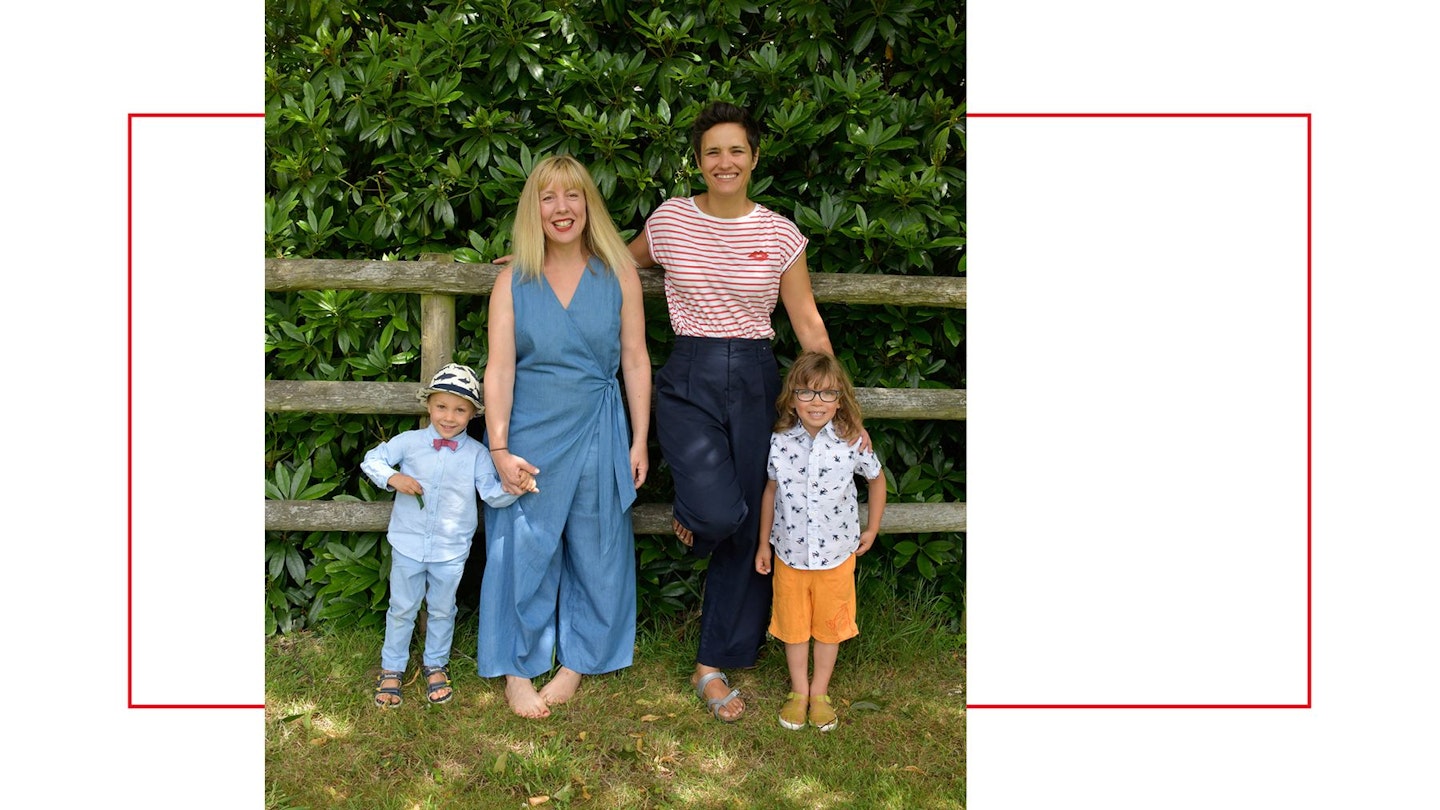 3 of 19
3 of 19Things You Only Know If You're The Other Mother
If your partner carried your children, what does that make you? Jen Brister tells Grazia about life in a two-mum family.
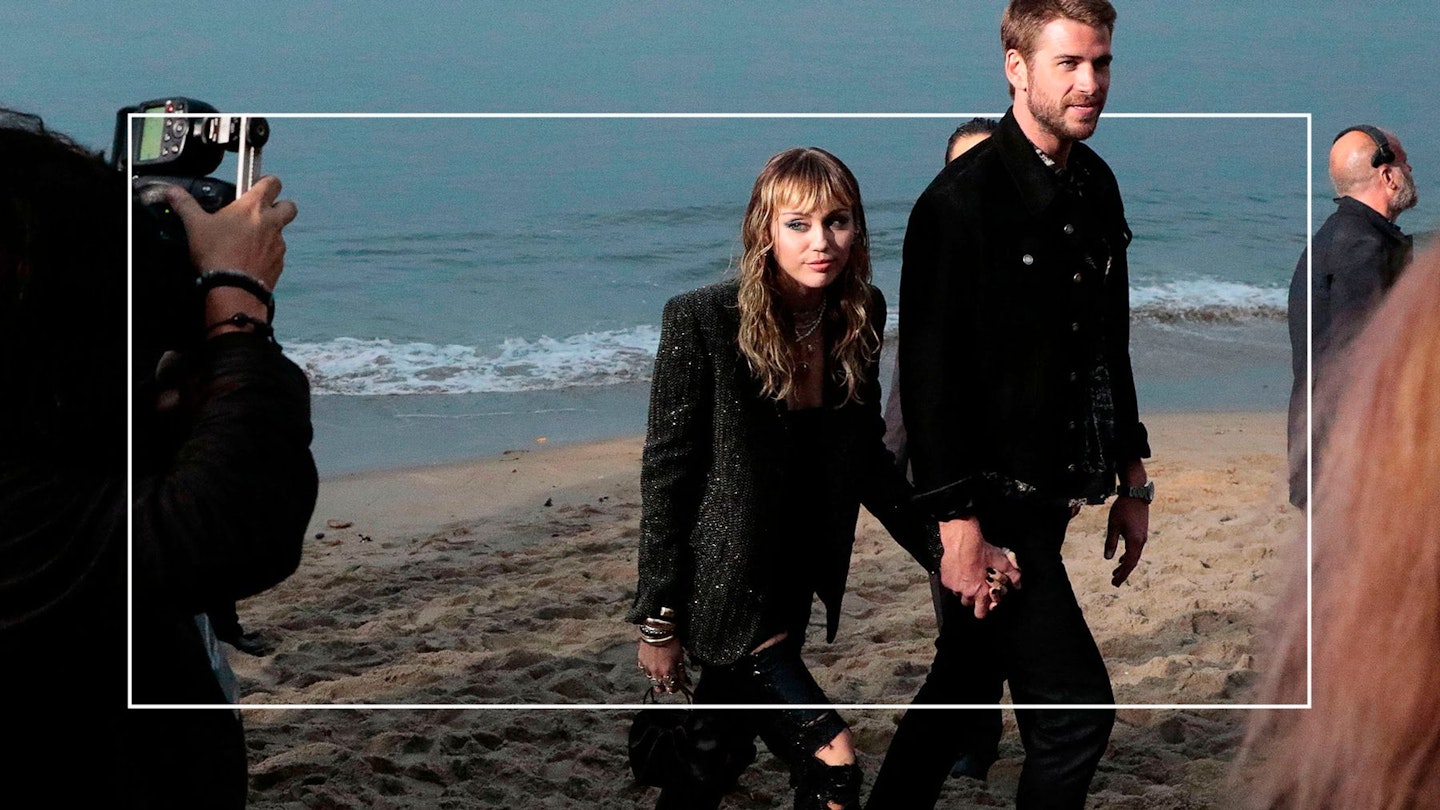 4 of 19
4 of 19Things You Only Know If Your Marriage Lasts Less Than A Year
The wedding was amazing but a Band-Aid Big Day couldn't save the relationship – and so an embarrassingly short marriage ensued.
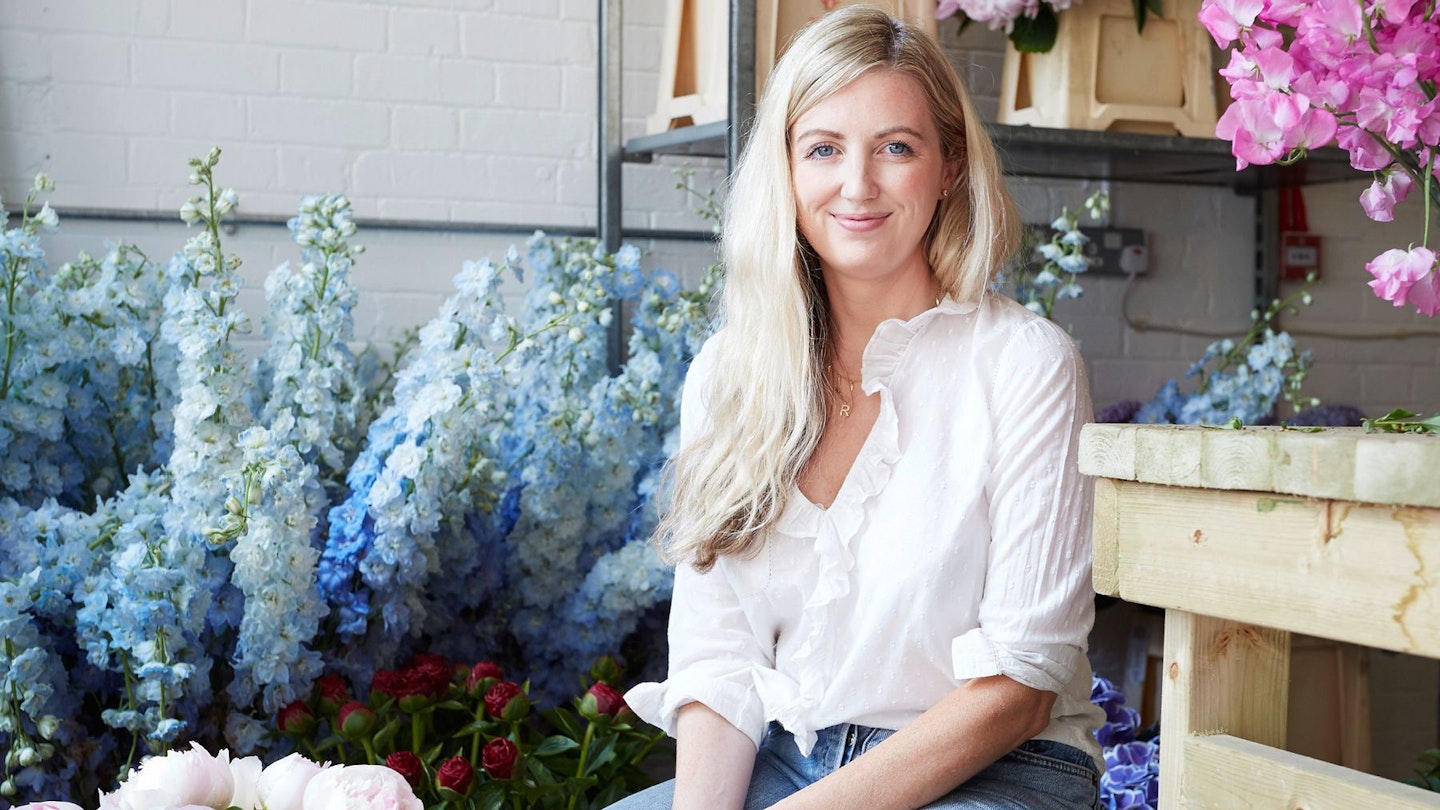 5 of 19
5 of 19Things You Only Know If You Walk Away From A Six-Figure Salary Job
As new figures reveal that record numbers are now 'overeducated' for their jobs, Lil Caldwell, 37, explains why swapping the law for floristry was her best decision yet.
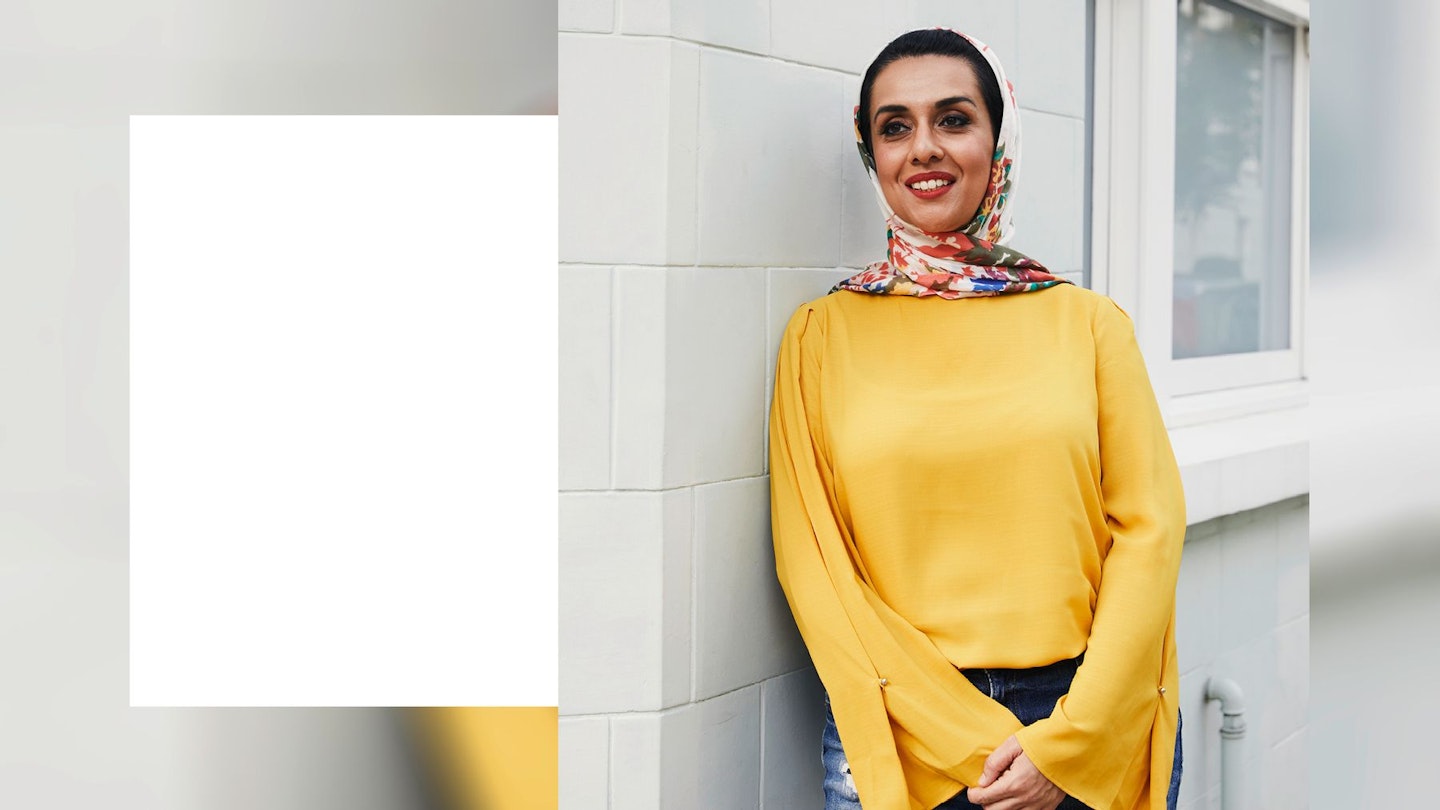 6 of 19
6 of 19Things You Only Know If: You're The Only Muslim In The Village
When Ayisha Malik moved to Dorset, she braced herself for reactions to her hijab. And was surprised at what she found.
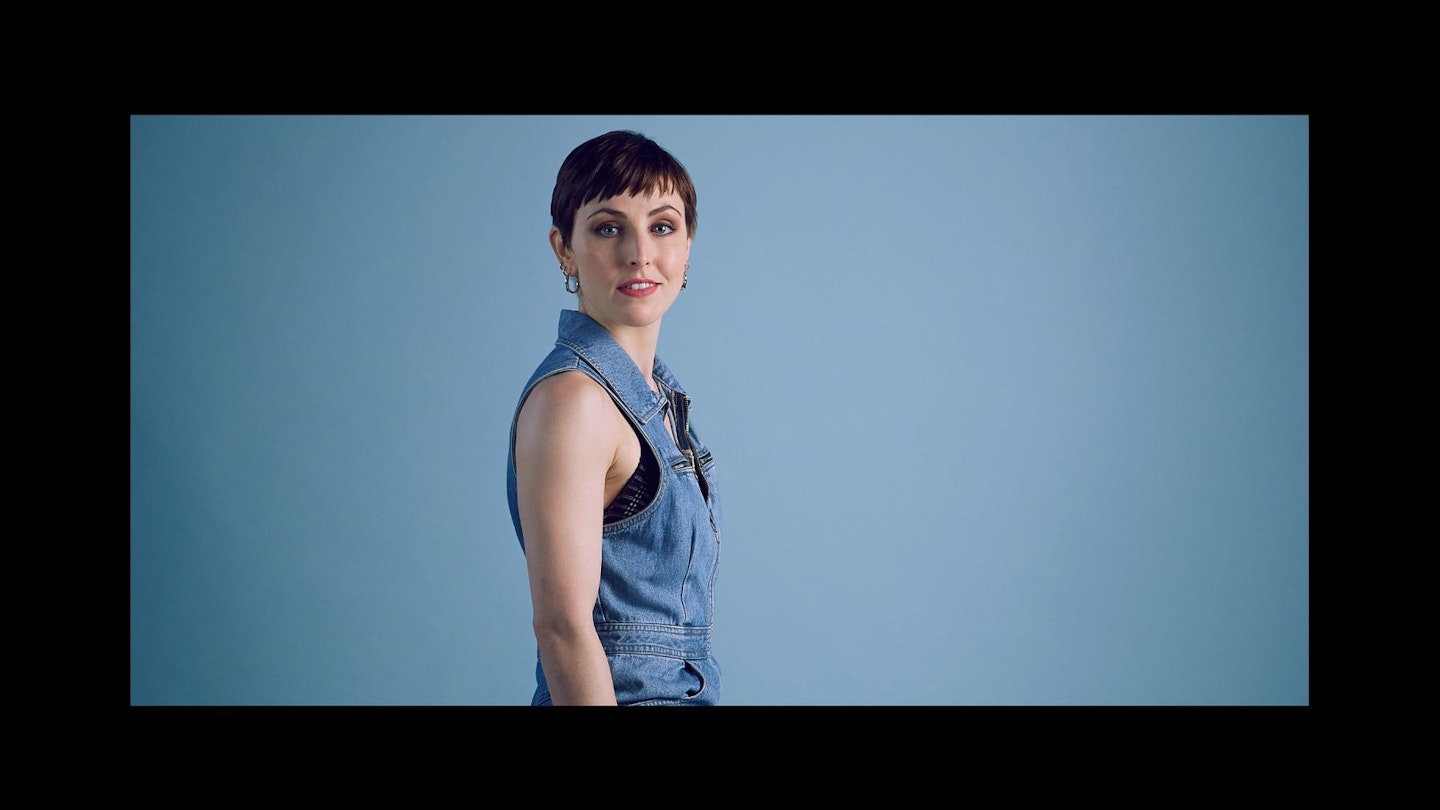 7 of 19
7 of 19Things You Only Know If: You're Going Through The Menopause At 30
A medical breakthrough now means the menopause could be delayed for 20 years. It's come too late for dancer Lindsay McAllister.
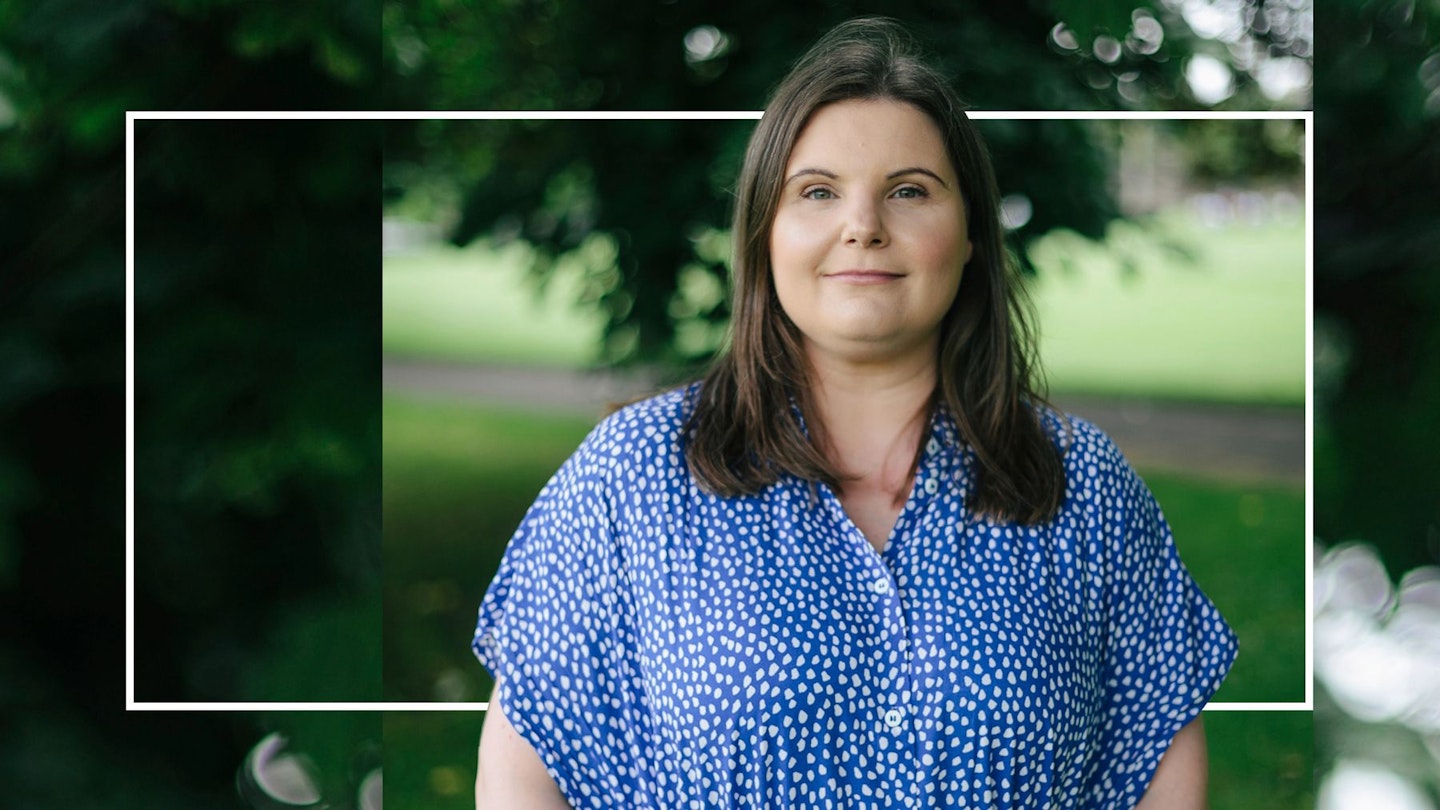 8 of 19
8 of 19Things You Only Know If: You've Finally Conquered Your Alcohol Problem
When Catherine Renton chose to end her damaging relationship with booze, she lost friends, too. She reflects on the decision that changed her life.
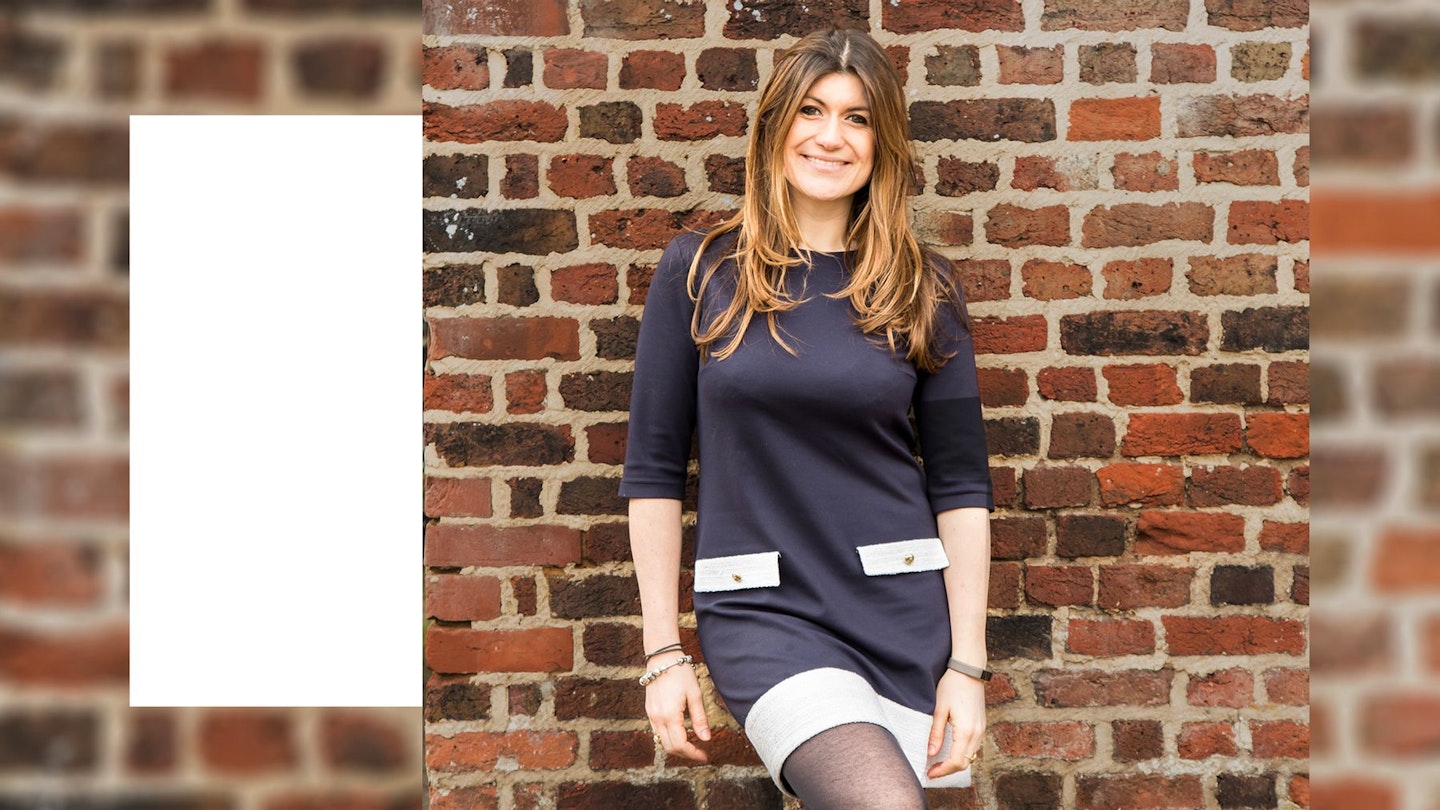 9 of 19
9 of 19Things You Only Know If You've Been On 100 First Dates
Charly Lester, 35, challenged herself to go on 30 blind dates before turning 30. Then things snowballed.
 10 of 19
10 of 19Things You Only Know If: You've Gone From Committed Singleton To 'Basic Bride'
'Suddenly, I want all the things I used to roll my eyes at: the dress, the flowers, the inexplicably expensive cake. There is a new and very loud voice in my head, it insists that this is my special day, I'm a f**king princess and I should have exactly what I want'
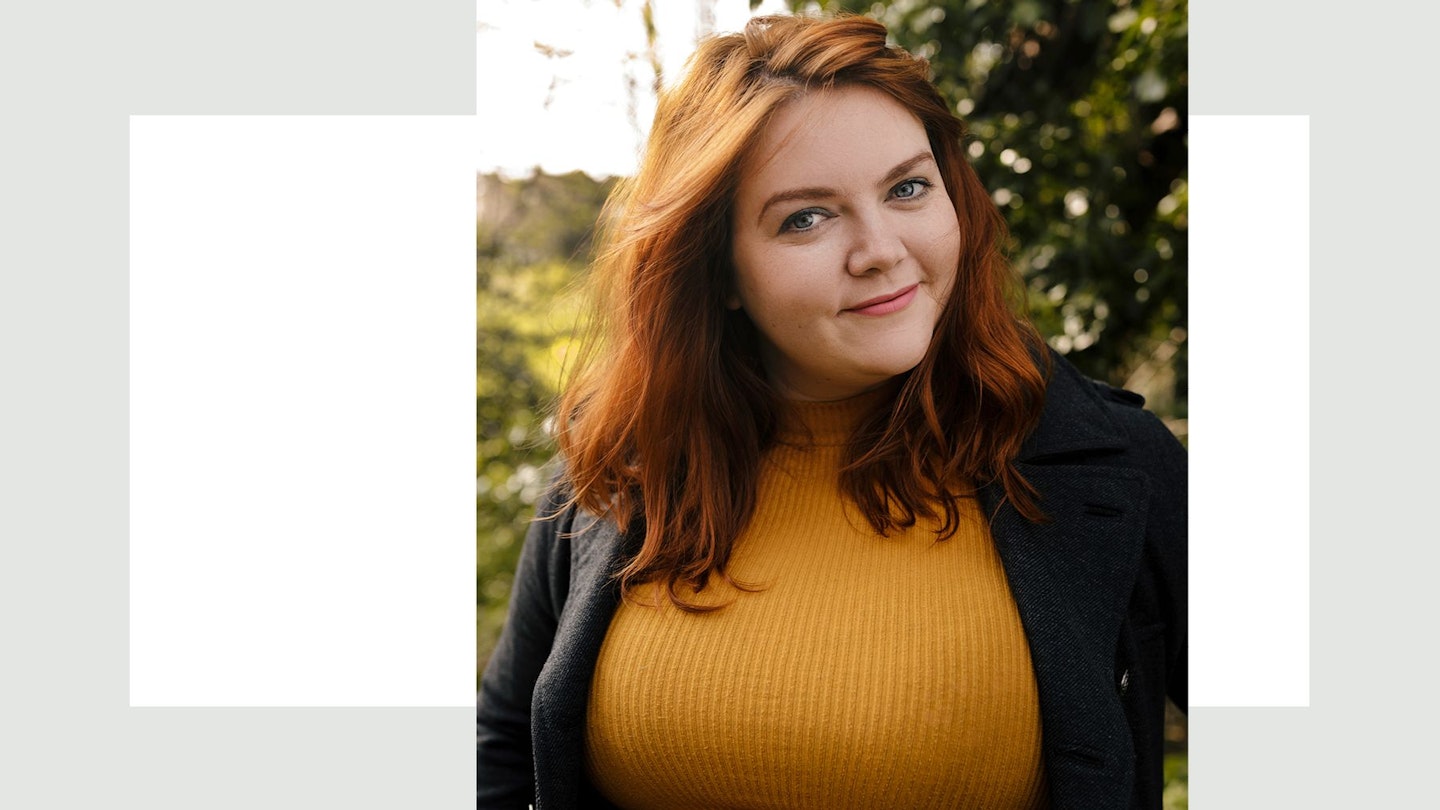 11 of 19
11 of 19Things You Only Know If You Don't Have A Girl Gang
As a child, Amy Jones looked forward to the day she'd find her squad. No 29, she's still wondering where it is.
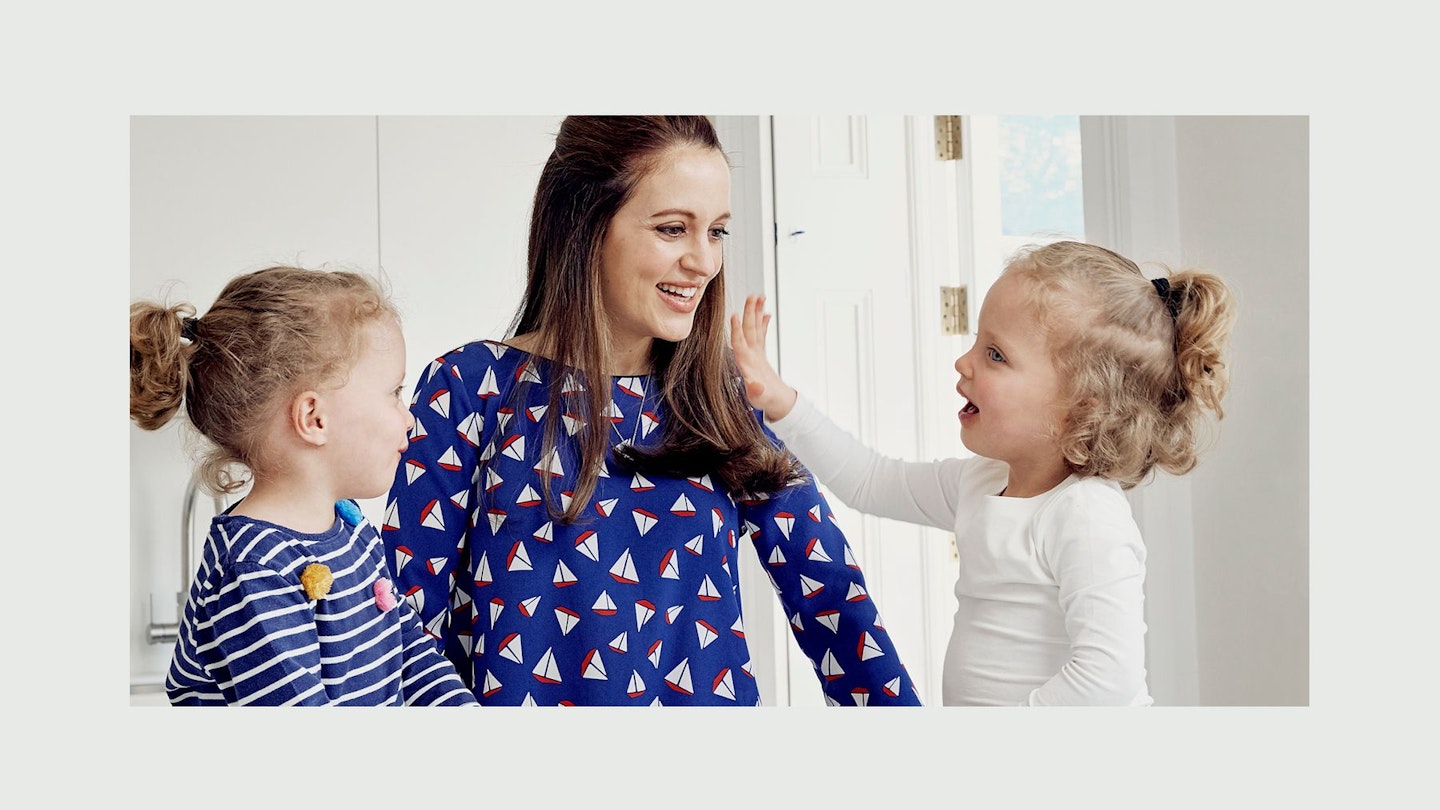 12 of 19
12 of 19Things You Only Know If Your Babies Arrive 10 Weeks Early
After her twin daughters arrived at 29 weeks, Francesca Segal spent 56 days with them at the neonatal intensive care ward - an experience that changed her forever.
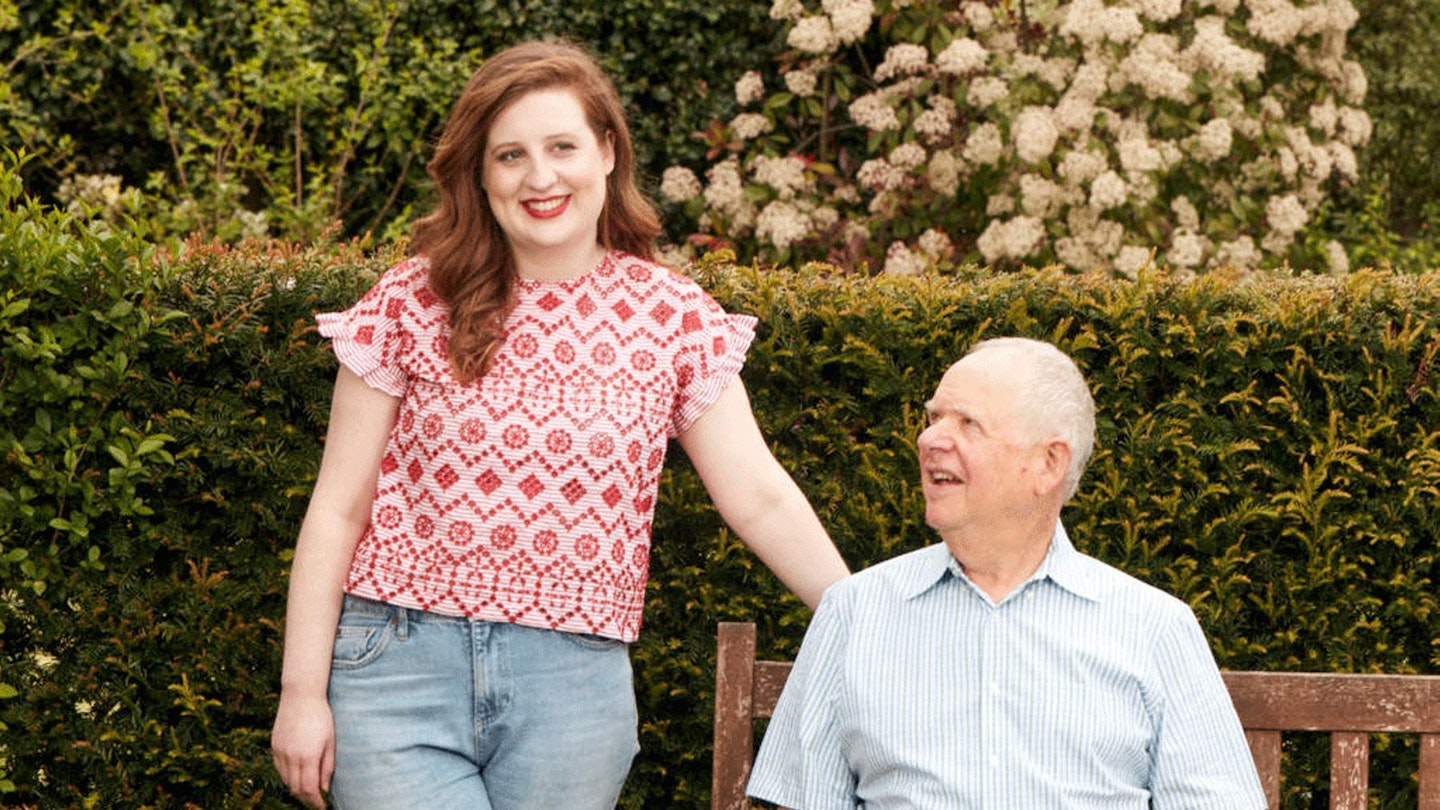 13 of 19
13 of 19Things You Only Know If… You Live With Your Parents At 29
Anna Behrmann, 29, moved back home to save money. It's had its ups and downs.
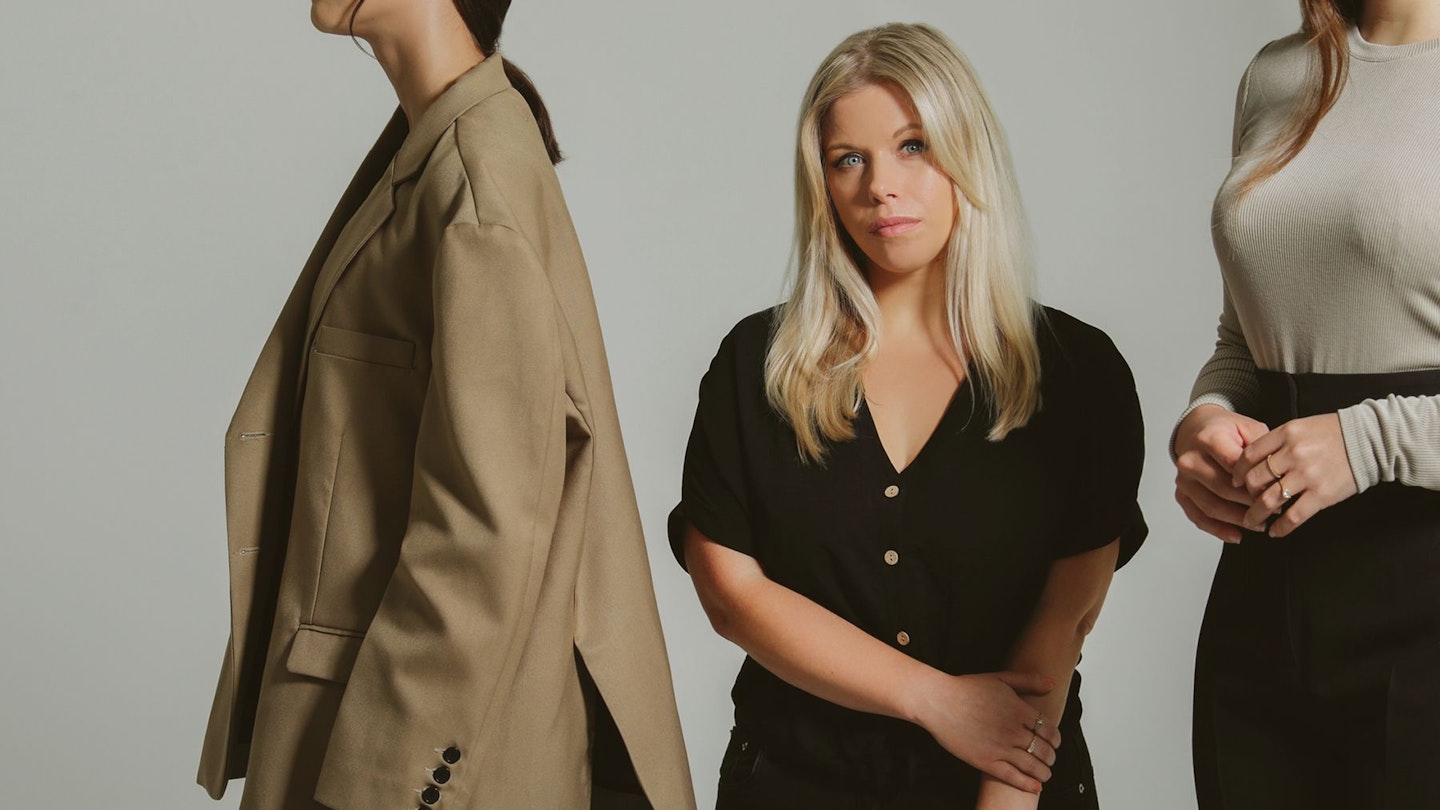 14 of 19
14 of 19Things You Only Know If You Earn Significantly Less Than Your Friends
After losing her job 31-year-old Olivia Foster found out the uncomfortable truth about what it means to be the broke friend.
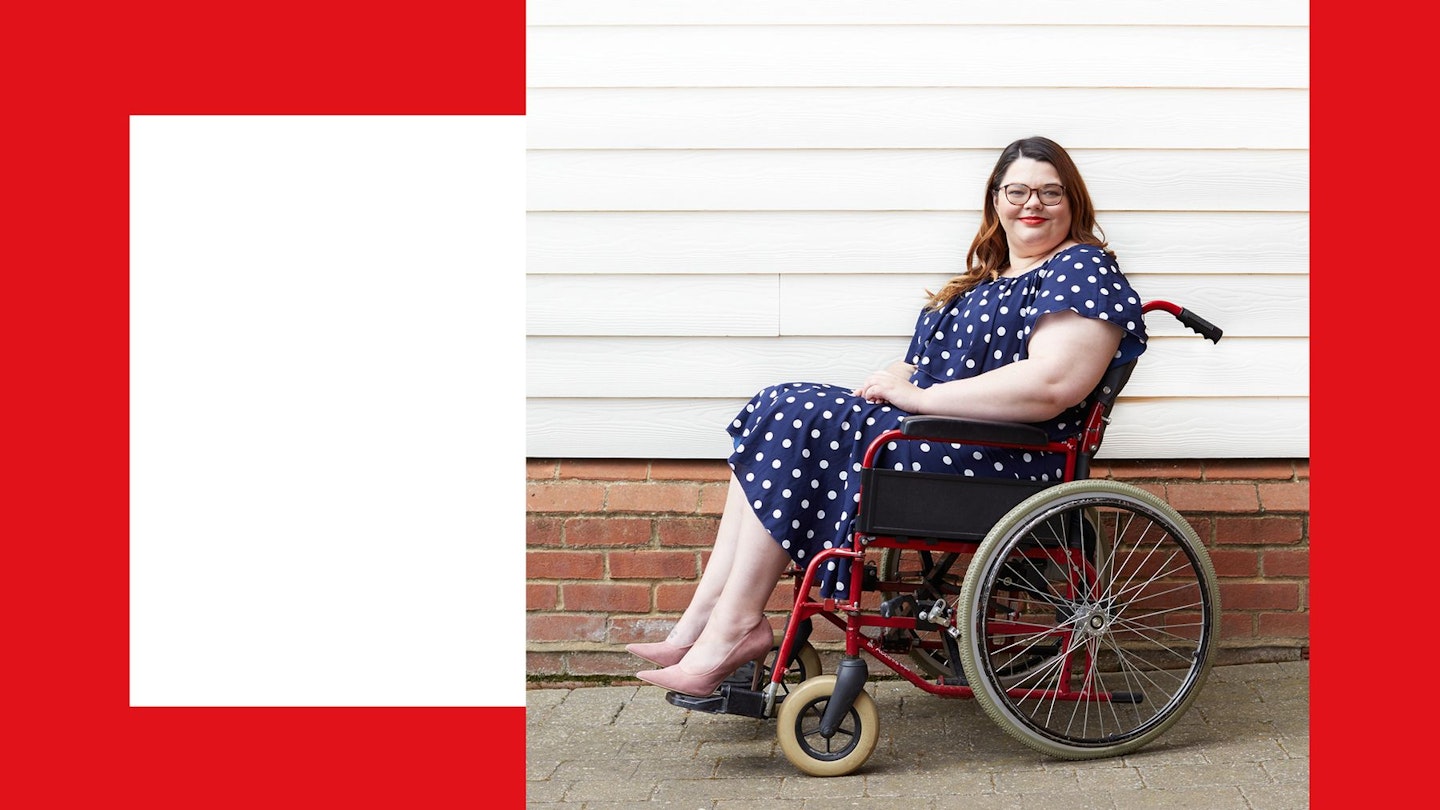 15 of 19
15 of 19Things You Only Know If You're Living With M.E.
When Hollie Brooks found herself so weak she couldn't even dress herself, she knew something was desperately wrong. To mark the end of ME Awareness Week, she tells her story.
_1024_Widthjpg.jpg?auto=format&w=1440&q=80) 16 of 19
16 of 19Things You Only Know If You're Plus-Size And Online Dating
From men who think they're doing you a favour, to feeders who fetishise your body.
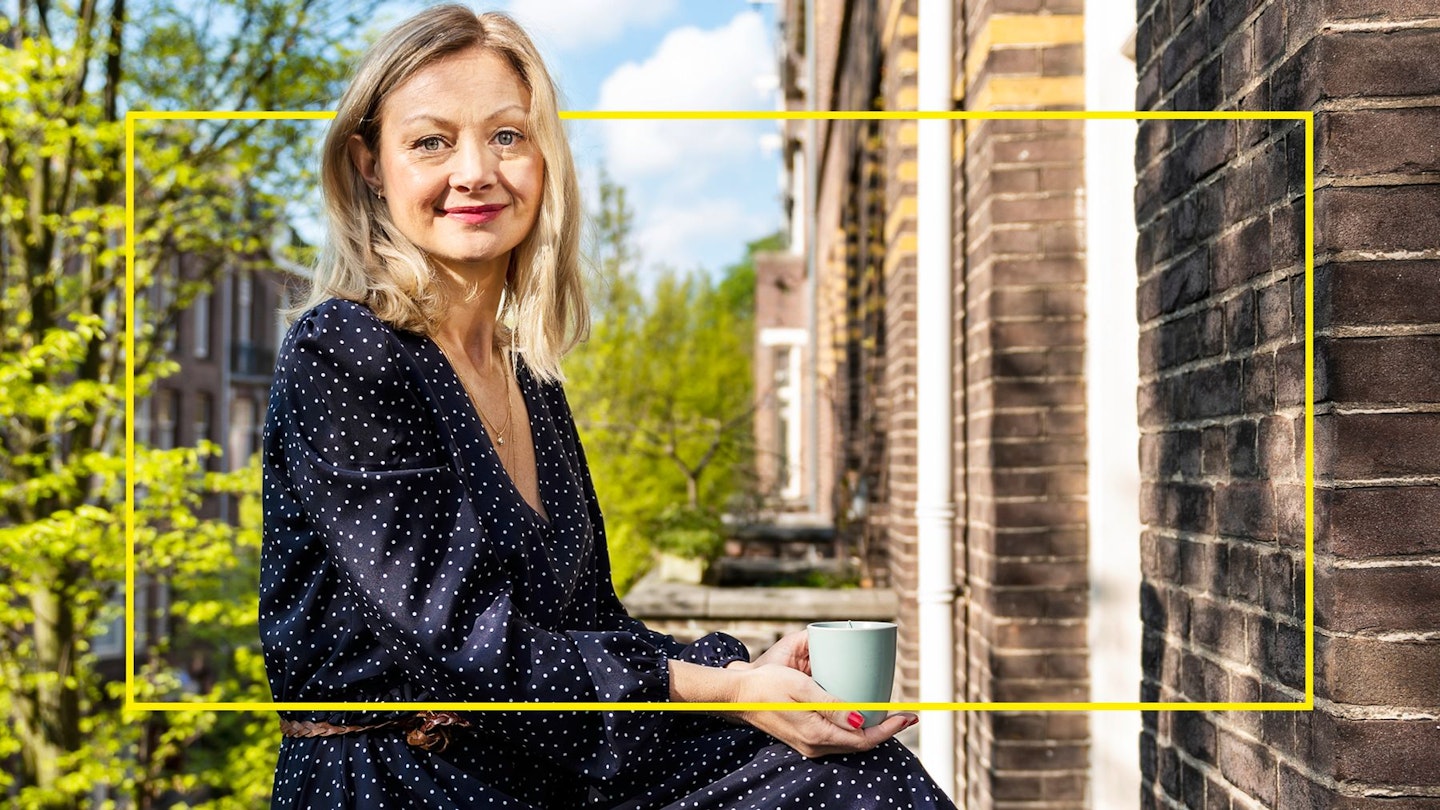 17 of 19
17 of 19Things You Only Know If You Gave Up Your Job To Follow Your Partner Abroad
'On bad days it could feel a bit 1950s'
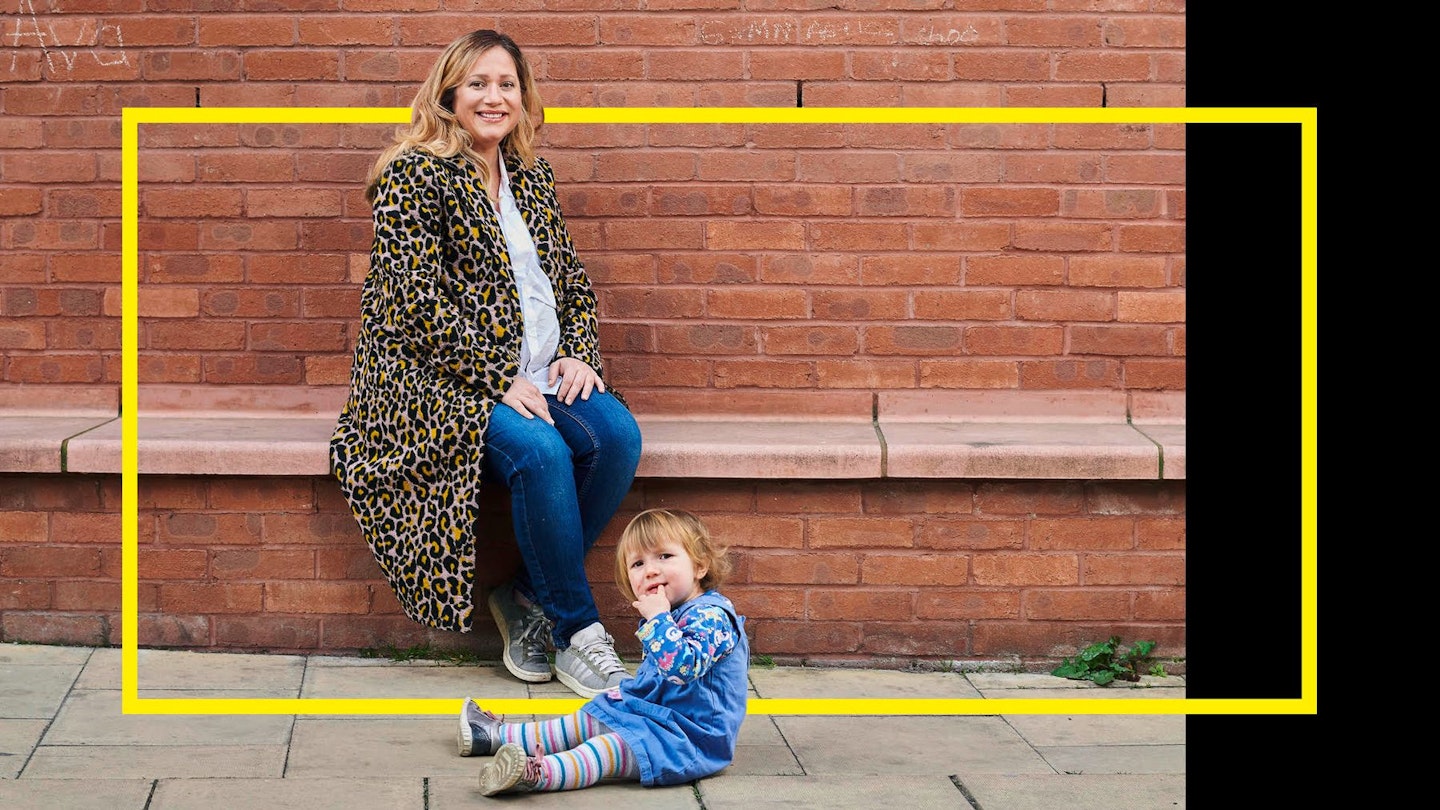 18 of 19
18 of 19Things You Only Know If You've Chosen To Have A Baby Alone
Aged 37 and single, Genevieve Roberts decided to become a mum with the help of a sperm donor.
 19 of 19
19 of 19Things You Only Know If You're An Adult Orphan
Emily Dean lost her parents and sister in the space of three years - and changed her whole life as a result.
